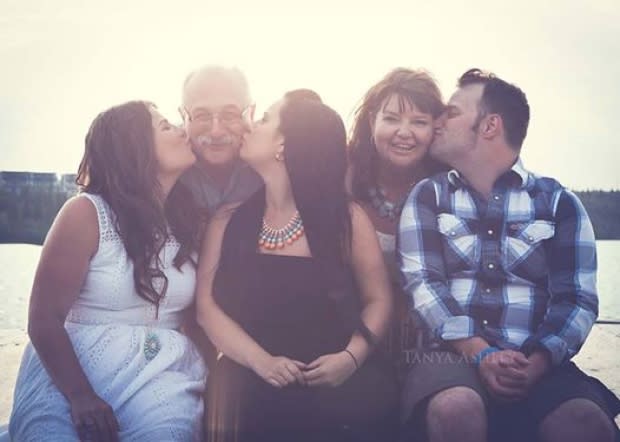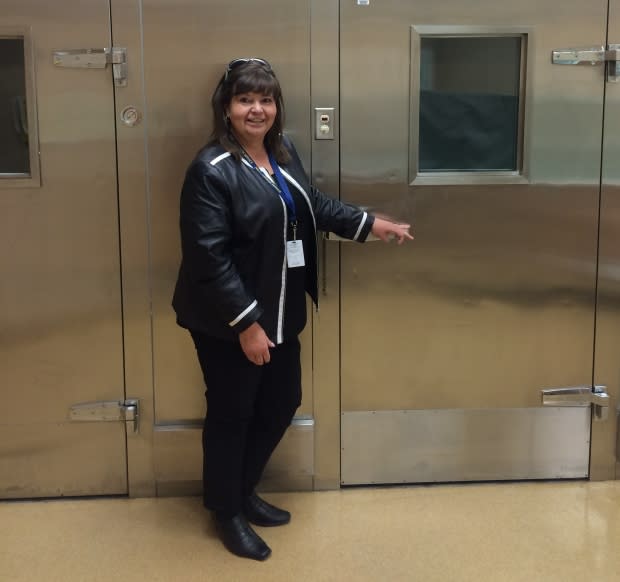N.W.T. chief coroner retiring after 35 years in public service
For Cathy Menard, her work has never felt like a job, but more like a vocation or a calling, as she puts it.
And now, after 35 years in the public service, the N.W.T. chief coroner is retiring. Wednesday is her last day.
"I'm truly blessed to have such a great career," Menard said.
Menard began her career in the N.W.T. Department of Justice, with a background in criminology. But she was always fascinated with helping people find answers in an investigative role.
"Ultimately the coroner and the family want to know the same thing: what happened to their loved one. And as coroners, we walk into people's lives at the worst possible time," she said.
It's the families of the victims, Menard said, who are so important to have a connection with. They remember her and her empathy even years after their loved one has passed, she said.
"If they see me, they hug me. And I never knew them before. You know, it means a lot," said Menard, who estimates she's investigated thousands of deaths in the territory.
She said about half the homicides are related to domestic violence.
"That's horrific to me. So much tragedy and so much alcohol and drug use," she added.

Menard said being a coroner is a heavy profession.
"I'm not going to leave unscathed. But I think it's how you look at yourself in the role that you do. And I've always felt like I was in a helping role. I had nothing to do with how the person died, but I could help find the answers," she said.
Born and raised in the North, Menard married into a northern family and raised a family of her own. Looking back, she credits her husband, Rick, for helping her be able to do the job for all these years.
"You know, when you're working 24/7 on call and you've got kids going to hockey and swimming … kudos to him. He was always very, very supportive," she said. "We did lots of juggling."
"You make jokes about how this all is going to affect the kids as they grow up," she said, adding they're all adults now who have gone into "helping" careers.
Saying a prayer for the dead
She said she often didn't tell people she was a corner.
"I'll be on a plane and we'll be chatting to the person next to me and they'll ask where I work and I say, 'oh, the Department of Justice.'"
But those who do know her as a coroner often asked her how she's able to do the job. Menard said a lot of people are afraid of death, but she has never been afraid to go into a morgue.

Menard said she talks to the body when she's in the morgue about what happened.
"I always put my hand," she said while tapping and rubbing the table, "and I say a prayer. It is hard, you can't not feel. And I think that makes us human."
Being a wife and a mother helped Menard cope with the realities of the job, she said.
"I've always understood the big picture of life and what's really important."
Heading into retirement, Menard and her husband plan to move to the South to be with their children and grandchild.


